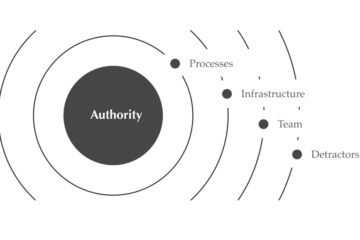Book Notes
Baudrillard’s The Consumer Society
I want to premise by saying I thoroughly enjoyed reading Baudrillard’s The Consumer Society. While I have a lot of criticism of the book, it is not specifically the concepts that I find to be at fault – it is the extremity of the claims. Building his own Straw Man It is telling that Baudrillard premises one of his chapters with the “autopsy of Homo Economous.” Poor Homo Economous continues to be the punching bag Read more…








